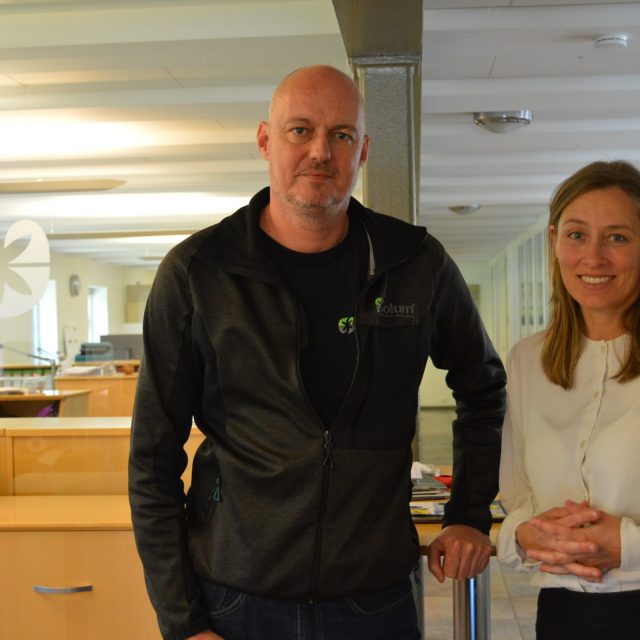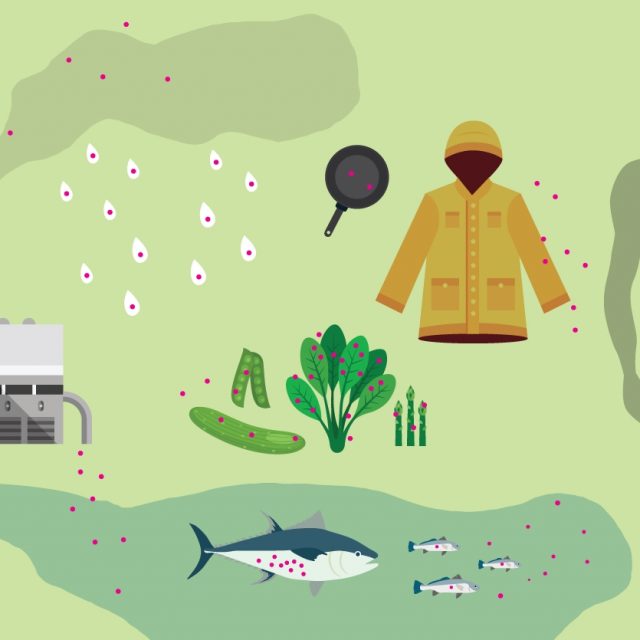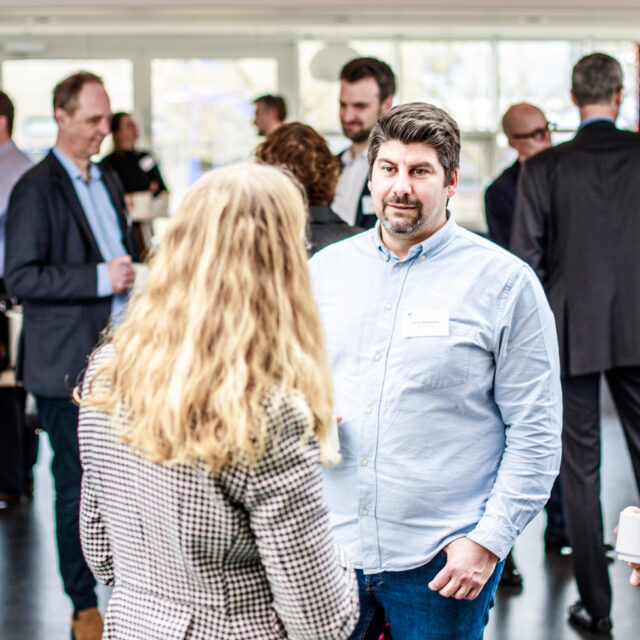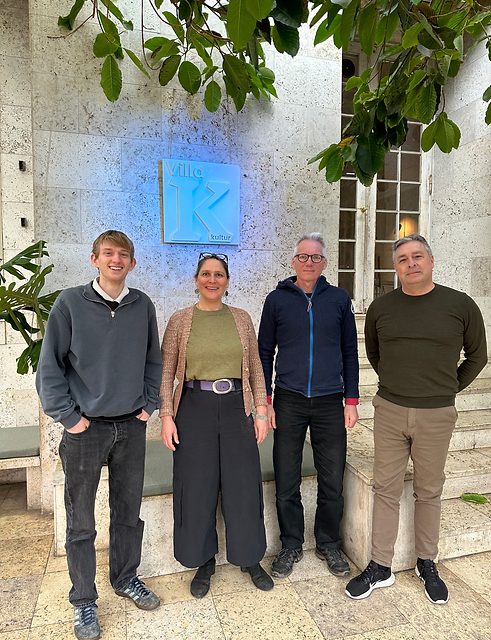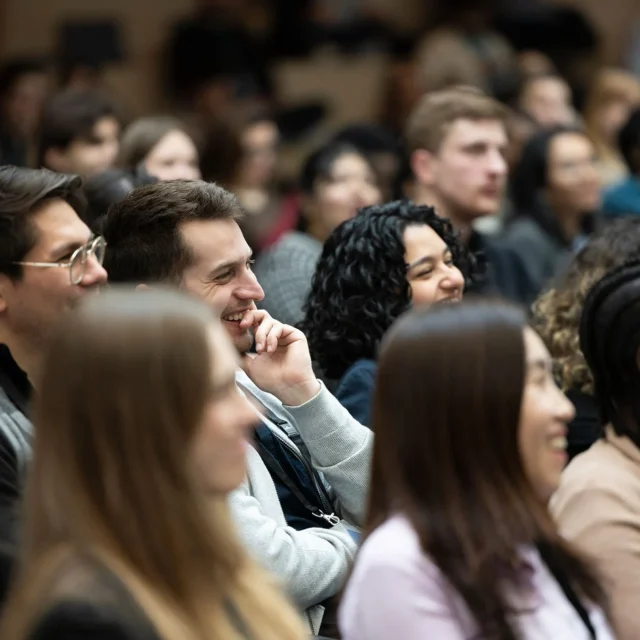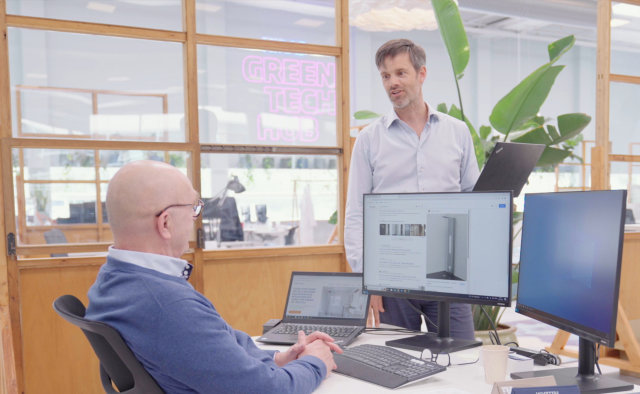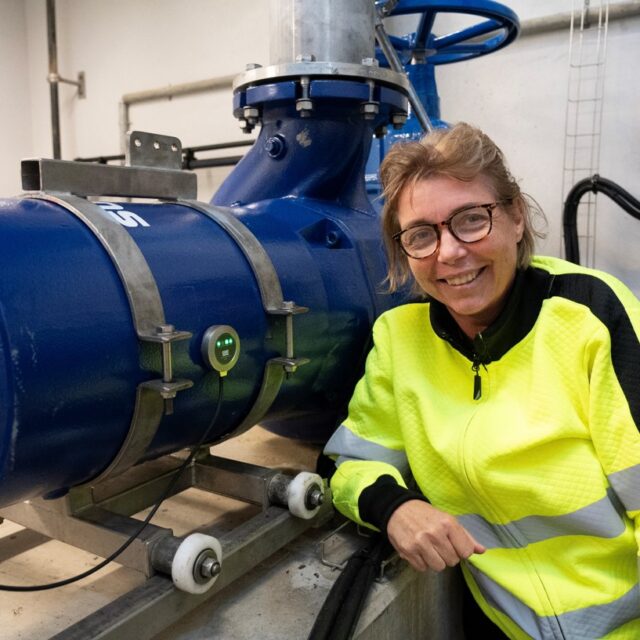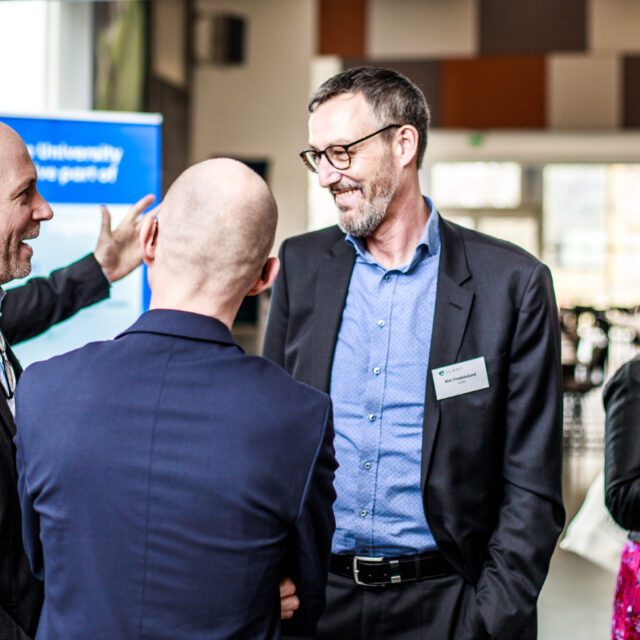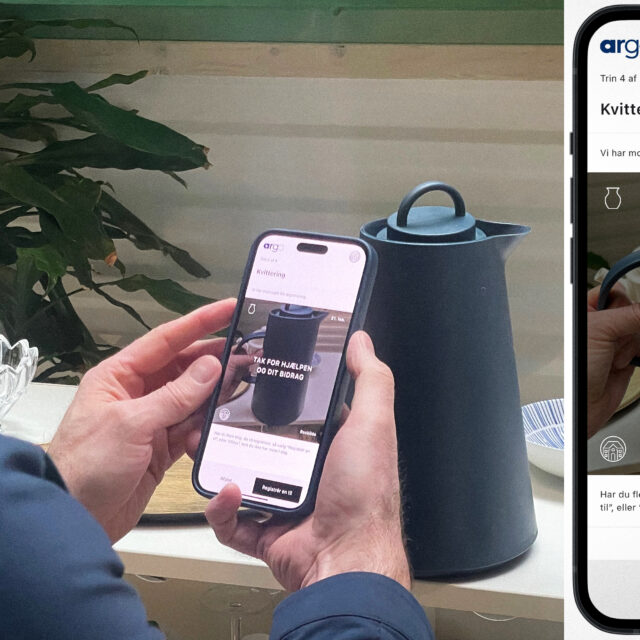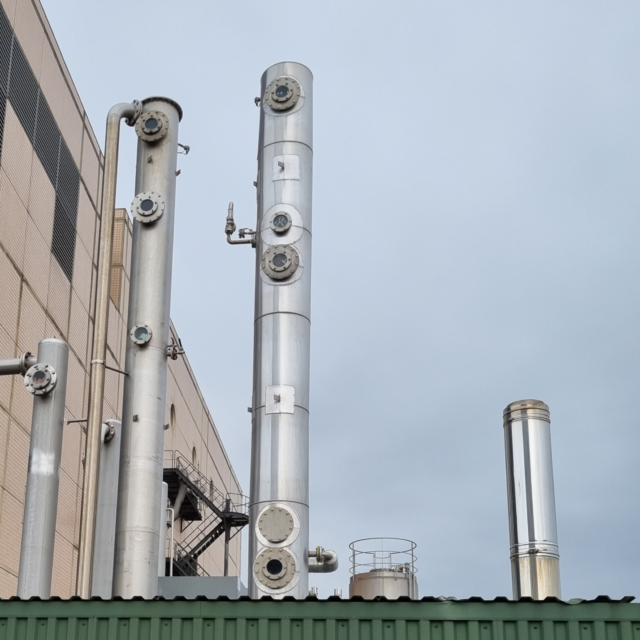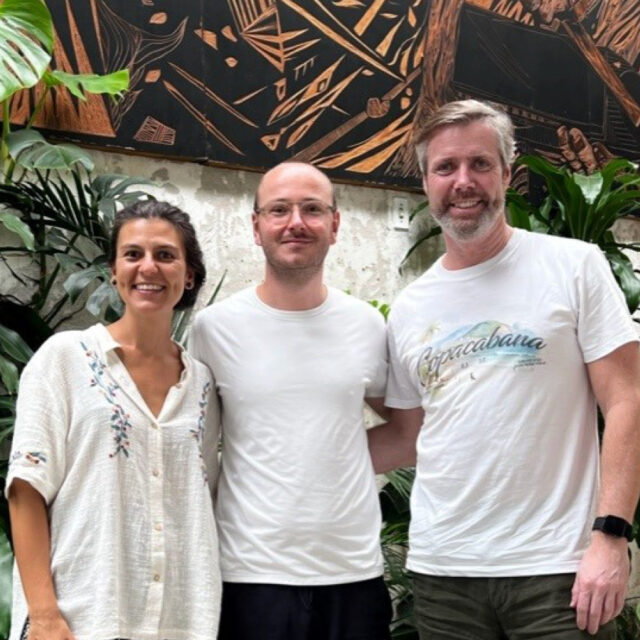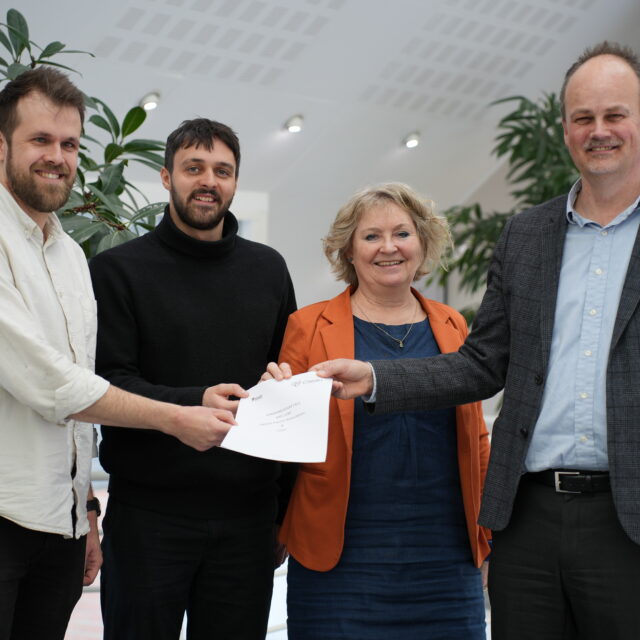30. May 2023
Danish CCUS delegation returns home with canadian expertise
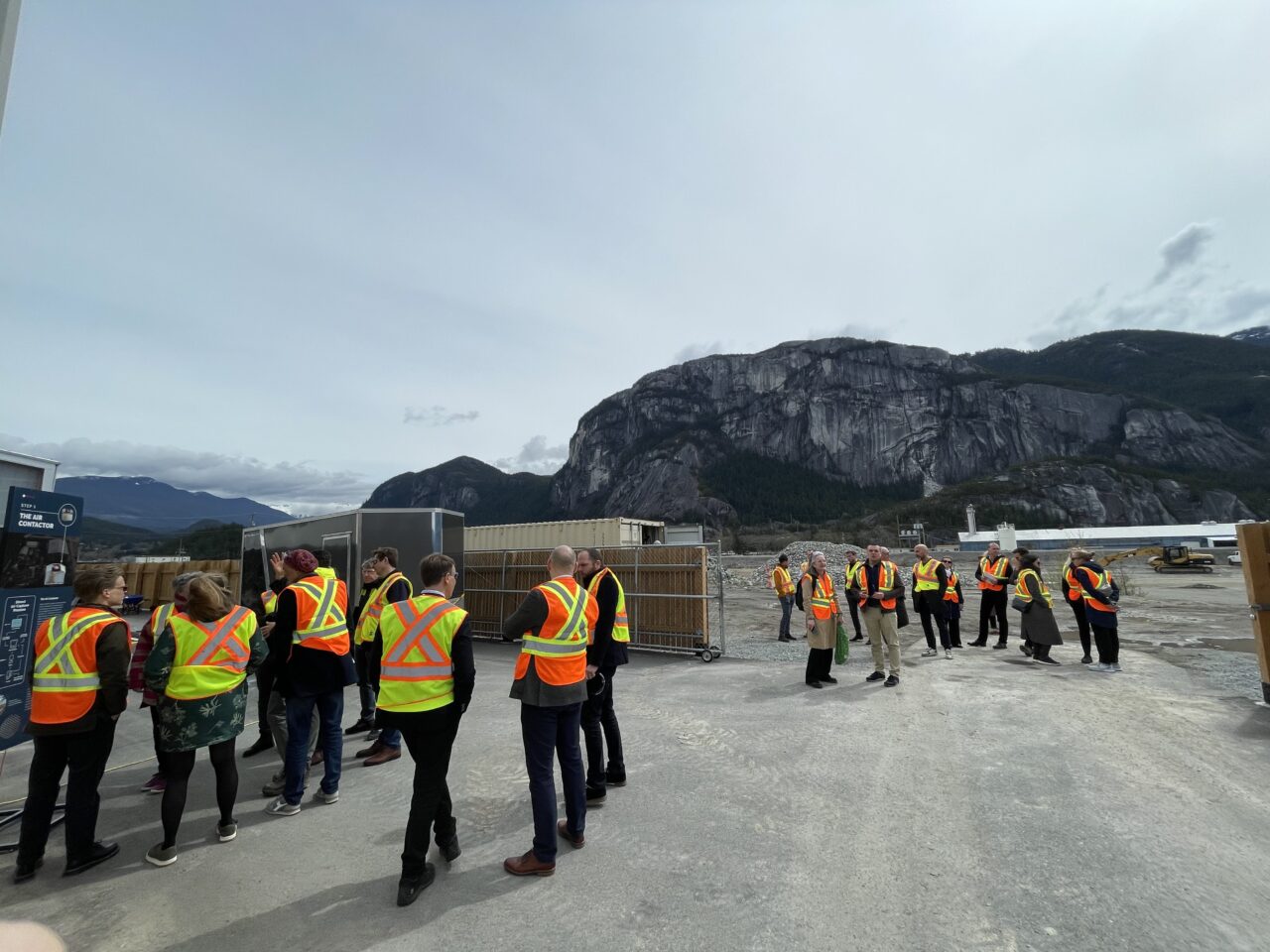
A Danish delegation of 24 top executives and experts in carbon capture, utilization and storage (CCUS) have returned from Canada, where they have learned about specific challenges and potentials in the Danish development of CCUS solutions. The delegation’s experiences will initially be presented on 8 June at a presentation at the CCUS Summit, organized by INNO-CCUS, DI and the CCS Alliance.
102 years ago, August and Marie Krogh went to Canada and returned home with the recipe for insulin. An adventure that eventually became Novo Nordisk. Now, an ATV and CLEAN delegation of 24 carbon capture, utilization and storage (CCUS) experts has returned from Canada – hopefully with the recipe for how Denmark can become a leader in CCUS, which is set to play an instrumental role in limiting CO2 emissions.
It was a surprise to me that the technologies are so far advanced in Canada, and it has made me look at them in new ways. The maturity of Direct Air Capture (DAC) surprised me the most, and it became clear to me that DAC will also play a major role in the transition, just like other CCUS technologies and methods,
says Karina Søgaard, the Partnership Director of INNO-CCUS, which aims to ensure efficient capture, utilization and storage of CO2.
The returning delegation includes representatives from the Danish Ministry of Foreign Affairs, the Danish Ministry of Climate, Energy and Utilities, the Danish Council on Climate Change, the Novo Nordisk Foundation, the research world and a number of both small and large companies such as Maersk, Ørsted, TotalEnergies, Evida and others.
Canada at the forefront of CO2 capture
The participants were impressed by how far Canada has come with the DAC technology that enables CO2 capture from the air. They visited a facility in British Columbia, operated by Carbon Engineering, which currently captures one ton of CO2 per day. In April, the company broke ground on a facility in Texas that will capture 500,000 tons of CO2 annually.
In Canada, we’ve seen a great willingness to invest in the technologies. Carbon Engineering’s project in Texas is a big financial risk. But it’s exciting to see that there are people willing to take that risk so that the technologies can work in the real world – says Jacob Hjerrild Zeuthen, Senior Future Fuels Manager, Maersk.
David Egede Fich, Senior Lead Business Developer, Ørsted, also took notice of Carbon Engineering’s ambitious plans in Texas:
It’s a very impressive statement to make. I don’t think there’s anywhere else in the world that can match that,
he says and continues:
The composition of the institutions and companies that are in Canada means that they have strong capital behind them. This means that they are currently half a step ahead in terms of having some facilities on the ground. And that’s perhaps something we lack in Denmark, even though we’re actually at pace technologically.
Later this year, ATV and CLEAN will publish a report summarizing the lessons learned by the delegation in Vancouver and Edmonton, Canada.
The article is written by ATV. Read it here.
Vil du vide mere?
-
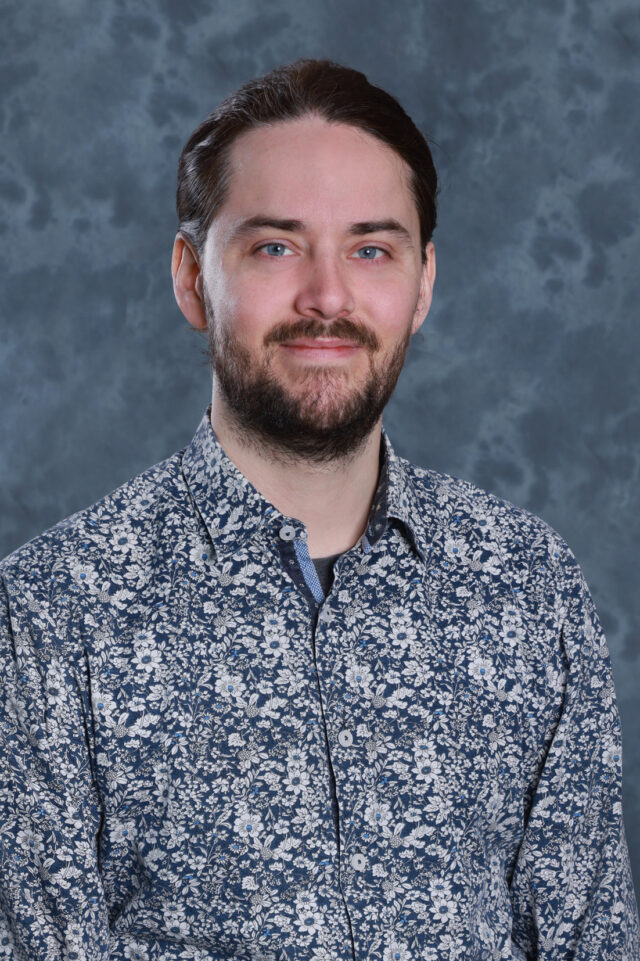
Kasper Havemann
Project Manager
Tel +45 26 81 91 92
kah@cleancluster.dk
Linkedin
